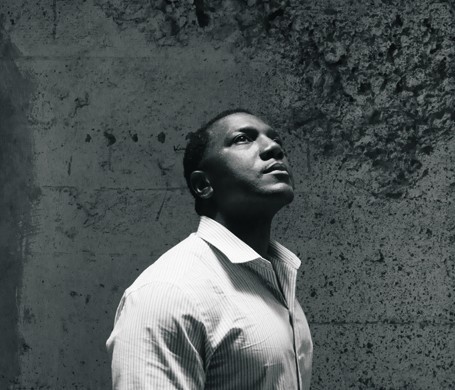What Happens to the Brain When You Meditate (And How it Benefits You)
Matt Nunogawa stashed this in Meditation
Stashed in: #lifehacks, #happiness, Focus!, Brain, Meditate, Awesome, Compassion, Life Hacks, Brain, Anxiety, Mindfulness, Meditation, Meditation
Belle Beth Cooper writes about 2-minute meditation and beyond:
Ever since my dad tried to convince me to meditate when I was about 12, I’ve been fairly skeptical of this practice. It always seemed so vague and hard to understand that I just decided it wasn’t for me. More recently, I’ve actually found how simple (not easy, but simple) meditation can be and what huge benefit it can have for my day to day happiness.
As an adult, I first started my meditation practice with just two minutes per day. Two minutes! I got that idea from Leo Babauta’s Zen Habits blog, where he points out how starting with a tiny habit is the first step to consistently achieving it. So even thought two minutes won’t make much difference, that’s where I started. Whether you’re as skeptical as I used to be, or you’re well ahead of me with a meditation habit of several hours, I think it’s always interesting to find out how new habits affect our brains. I had a look into meditation to see what’s going on inside our brains when we do this, and what I found is pretty interesting.
What happens in each part of the brain during meditation:
Frontal lobe - This is the most highly evolved part of the brain, responsible for reasoning, planning, emotions and self-conscious awareness. During meditation, the frontal cortex tends to go offline.
Parietal lobe - This part of the brain processes sensory information about the surrounding world, orienting you in time and space. During meditation, activity in the parietal lobe slows down.
Thalamus - The gatekeeper for the senses, this organ focuses your attention by funneling some sensory data deeper into the brain and stopping other signals in their tracks. Meditation reduces the flow of incoming information to a trickle.
Reticular formation - As the brain’s sentry, this structure receives incoming stimuli and puts the brain on alert, ready to respond. Meditating dials back the arousal signal.
My favorite parts of how meditation affects us:
Better Focus
Because meditation is a practice in focusing our attention and being aware of when it drifts, this actually improves our focus when we’re not meditating, as well. It’s a lasting effect that comes from regular bouts of meditation.P
Less Anxiety
This point is pretty technical, but it’s really interesting. The more we meditate, the less anxiety we have, and it turns out this is because we're actually loosening the connections of particular neural pathways.
More Compassion
Research on meditation has shown that empathy and compassion are higher in those who practice meditation regularly. One experiment showed participants images of other people that were either good, bad or neutral in what they called “compassion meditation.” The participants were able to focus their attention and reduce their emotional reactions to these images, even when they weren’t in a meditative state.
More Gray Matter
Meditation has been linked to larger amounts of gray matter in the hippocampus and frontal areas of the brain. I didn’t know what this meant at first, but it turns out it’s pretty great. More gray matter can lead to more positive emotions, longer-lasting emotional stability, and heightened focus during daily life.
60 second meditation: http://pandawhale.com/post/1124/60-second-meditation











11:35 AM Aug 27 2013